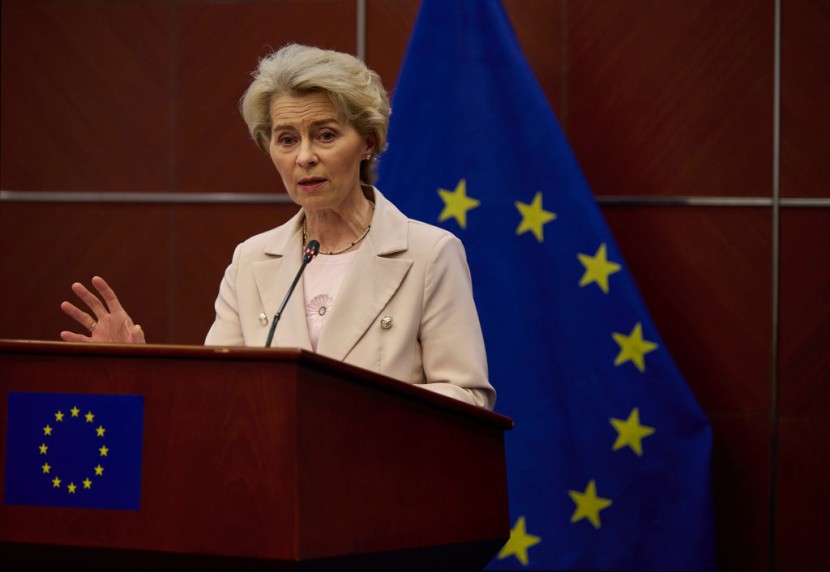EU-China summit in over four years, held in Beijing, leaders from both China and the European Union emphasized the need to view each other not as rivals but as potential partners in addressing mutual differences.
The meeting, marked by its high stakes amidst rising geopolitical tensions and a complex trade relationship, was a significant diplomatic engagement, as per Al Jazeera.
EU-China Summit Ends Without Major Commitments

Chinese President Xi Jinping and top EU officials, including European Commission President Ursula von der Leyen and European Council President Charles Michel, discussed various pressing issues. President Xi cautioned against confrontation due to differing political systems, while von der Leyen stressed the importance of fair competition in the single market.
The conference ended without any fresh, substantial commitments from either side, regardless of the conversation. The European Union expressed concerns over Beijing's import restrictions and the subsidies provided to China-based firms, which they believe place European companies at a competitive disadvantage, contributing to the bloc's massive trade deficit with China.
The scale of trade between the EU and China is monumental, with daily trade in goods amounting to €2.3 billion ($2.5 billion). However, EU imports from China now exceed exports by nearly €400 billion ($431 billion), a deficit that has been growing rapidly. Von der Leyen remarked on the unsustainability of such imbalances, though no immediate solutions were agreed upon during the summit.
The discussion also extended to the subject of trade imbalances, with Chinese Prime Minister Li Qiang engaging in in-depth talks with EU officials. Michel underscored the expectation for China to improve market access and the investment environment for foreign companies.
A contentious issue discussed was the suspicion of Chinese firms circumventing sanctions, indirectly supporting Russia's military actions in Ukraine. EU leaders urged China to take a stronger stance against such activities. The bloc is considering including sanctions on Chinese companies suspected of facilitating this circumvention in its upcoming package of sanctions.
China's position on the war in Ukraine was also highlighted as a defining factor in EU-China relations. Despite offering a neutral stance and proposing a peace plan, China has not severed ties with Russia, a point of concern for the EU, according to Euronews.
Addresses Middle East Crisis and Tensions
The leaders discussed the war in the Middle East, emphasizing the importance of providing humanitarian aid. The EU, being a significant donor to the Palestinian territories, has increased its aid, contrasting with China's relatively modest contribution.
Von der Leyen and Michel also expressed concerns about tensions in the Taiwan Strait and the South China Sea. The EU opposes any change to Taiwan's status quo and is alarmed by increased military activity in the region.
Regarding trade, the EU leaders pressed China to address the issue of trade imbalances and to use its influence to deter Russia from continuing its aggression in Ukraine. The European Union, aligning with the United States, has labeled Beijing a "strategic rival," focusing on 'de-risking' its supply chains and limiting dependence on Chinese firms.
The summit, however, did not yield significant breakthroughs. Trust issues persist, stemming from unfulfilled promises to open China's market to European businesses and concerns over Beijing's policies in Hong Kong and Xinjiang. The EU's growing alliance with the United States, especially in the context of the Ukraine war, has further complicated relations.
China, under President Xi's assertive foreign policy, has sought to bolster its global influence, but tensions with the West continue to rise. The European Union, while seeking to balance its economic ties with China, remains cautious, reflecting the complex and evolving nature of EU-China relations, The New York Times reported.
© 2025 HNGN, All rights reserved. Do not reproduce without permission.








